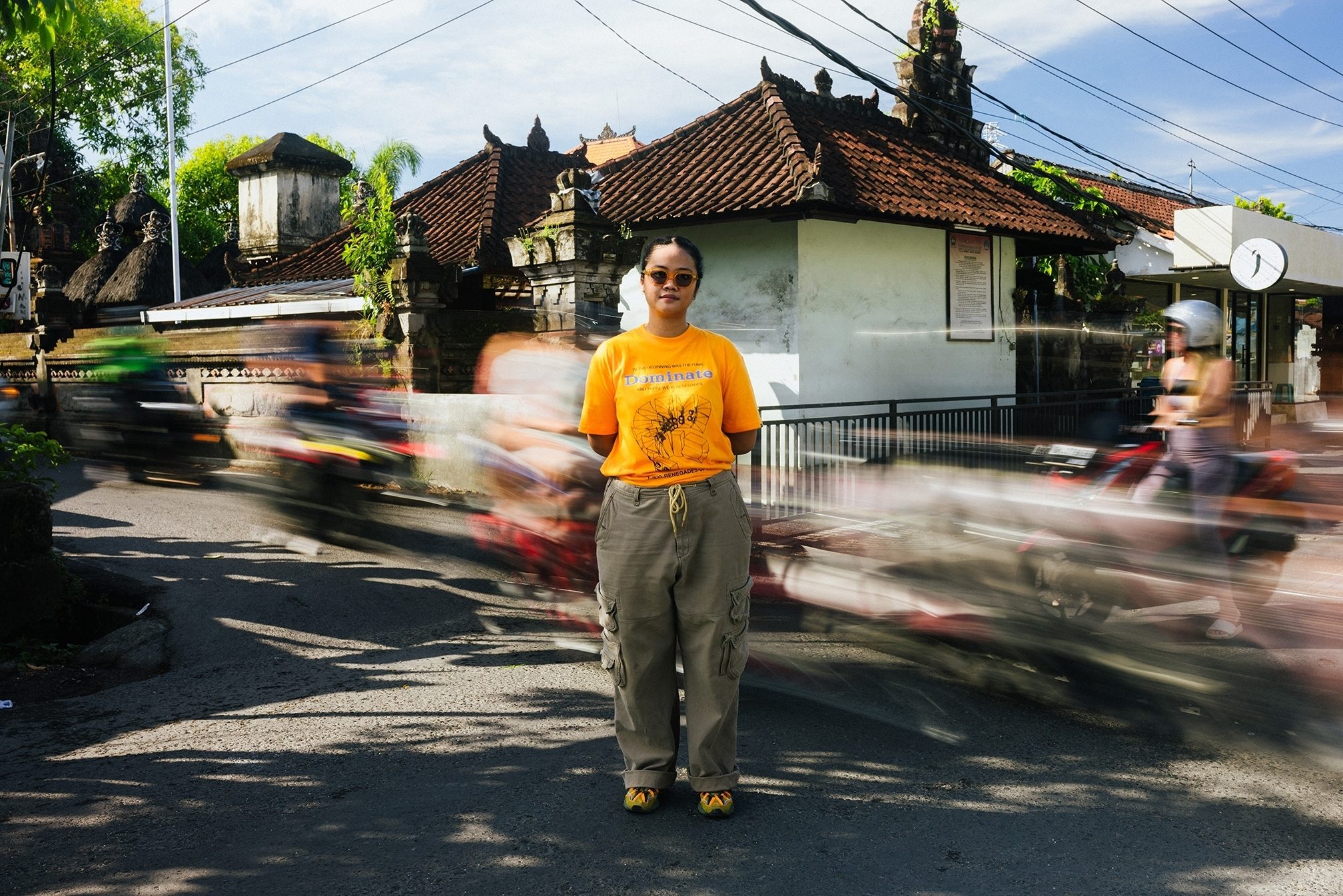 INTERVIEWS
INTERVIEWS
DITA on protecting culture amid globalisation
Ahead of her appearance at this year's Strawberry Fields festival, we catch up with the Bali-based artist to discuss what global collaboration means on a local level.
Mixmag ANZ is Strawberry Fields' media partner for 2025.
When we hear “touring DJ”, you can’t be blamed for immediately thinking of stops around Europe or the Americas. After all, we’ve been programmed to believe that the best clubs and festivals have always been in that part of the world.
Increasingly, however, the Asia-Pacific region has seen a significant increase in the number of touring artists visiting countries, cities, and scenes that are increasingly separated by this more globalised dance music industry.
DITA, New Delhi-raised, now Bali-based DJ who has been playing for over a decade, has established a reputation not only in Indonesia but across Asia as an artist who regularly uplifts and prioritises the importance of local voices and lesser-trodden international collaborations. A resident of both Bali’s Potato Head beach club and its Klymax club, Dita is consistently placing locals at the centre of her musical universe.
This weekend, that universe shifts South slightly, visiting the iconic Strawberry Fields festival, and launching the proverbial boat that is the doof’s Beach Stage at midday Friday.
To understand the importance of defining ‘success’ in an increasingly globalised culture, Mixmag ANZ and Mixmag Asia collaboratively caught up with Dita to get her thoughts as she prepares for another visit down under.
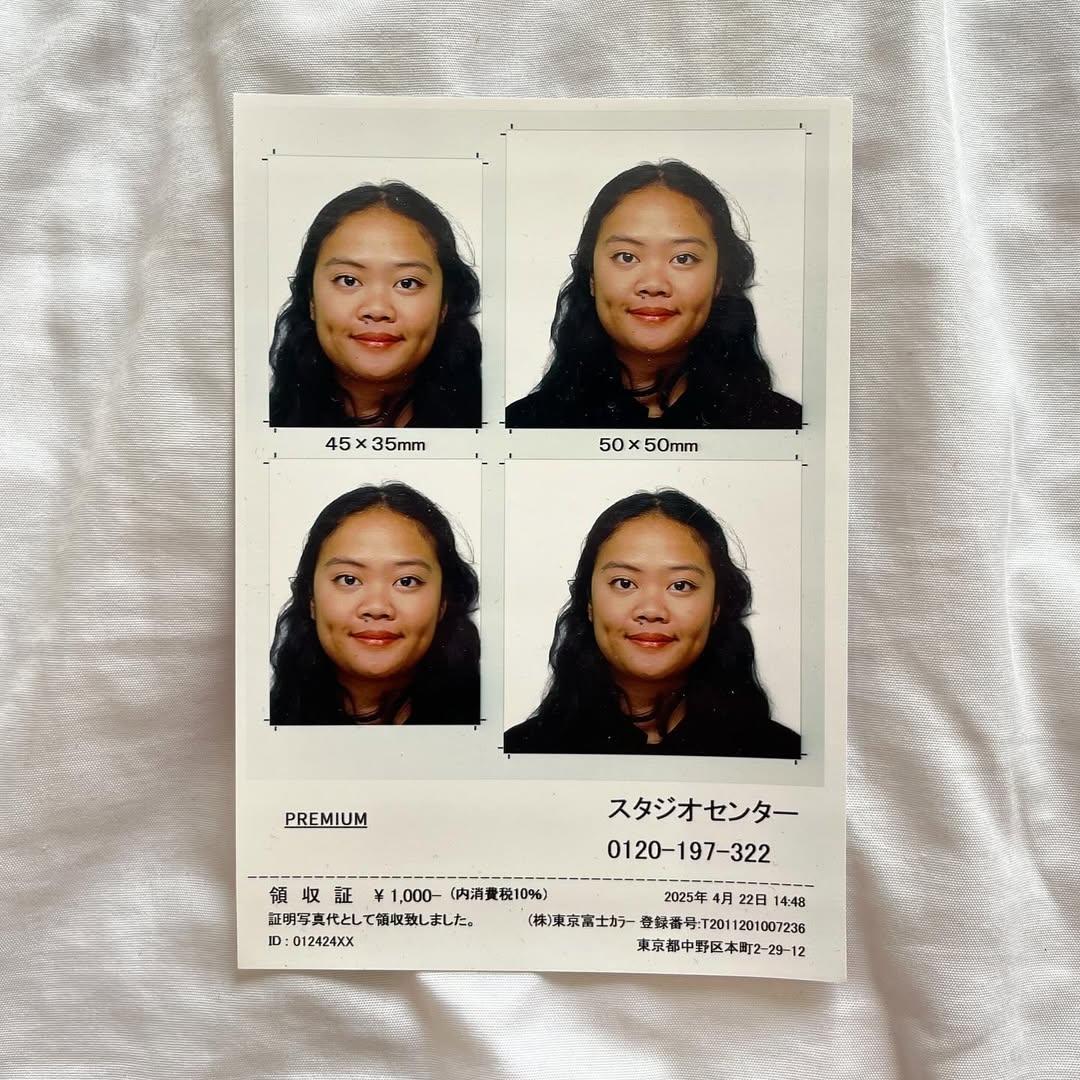
Q: Dita, thanks so much for your time. We’re so excited to share space at Strawberry in just two weeks’ time. To start, I thought to ask how you see visiting Australia in the context of where else you play in the world?
DITA: Thanks so much! I love coming back to Australia, mainly because that's where I feel like I started playing outside Asia. It's very nostalgic for me, from the bar gigs to the clubs that started my career. Always feel grateful to see how it bloomed gracefully. Plus, everyone's so nice!
Q: You’re living in Bali, a spot regularly frequented by Australians, for better or worse. How does that kind of lens impact how you view Australian people?
DITA: I mean, that’s very subjective, I guess. There’s good and bad everywhere in the world, but generally speaking, anywhere I go, I try to keep a positive mindset. So far, I’ve met so many beautiful souls from Australia, and to be honest, it really inspires me how confidently they voice their opinions.
Q: What does that kind of framing mean for how you perform & soundtrack gigs they’re set to be at?
DITA: I always try to take in the setting, and I get quite euphoric when I’m in the booth, mostly because I romanticise arriving in new places and try to translate those emotions through sound, whether it’s an open-air event, an intimate club, or even a bar. I also believe stage presence is so important, and all I want is to spread that love everywhere.
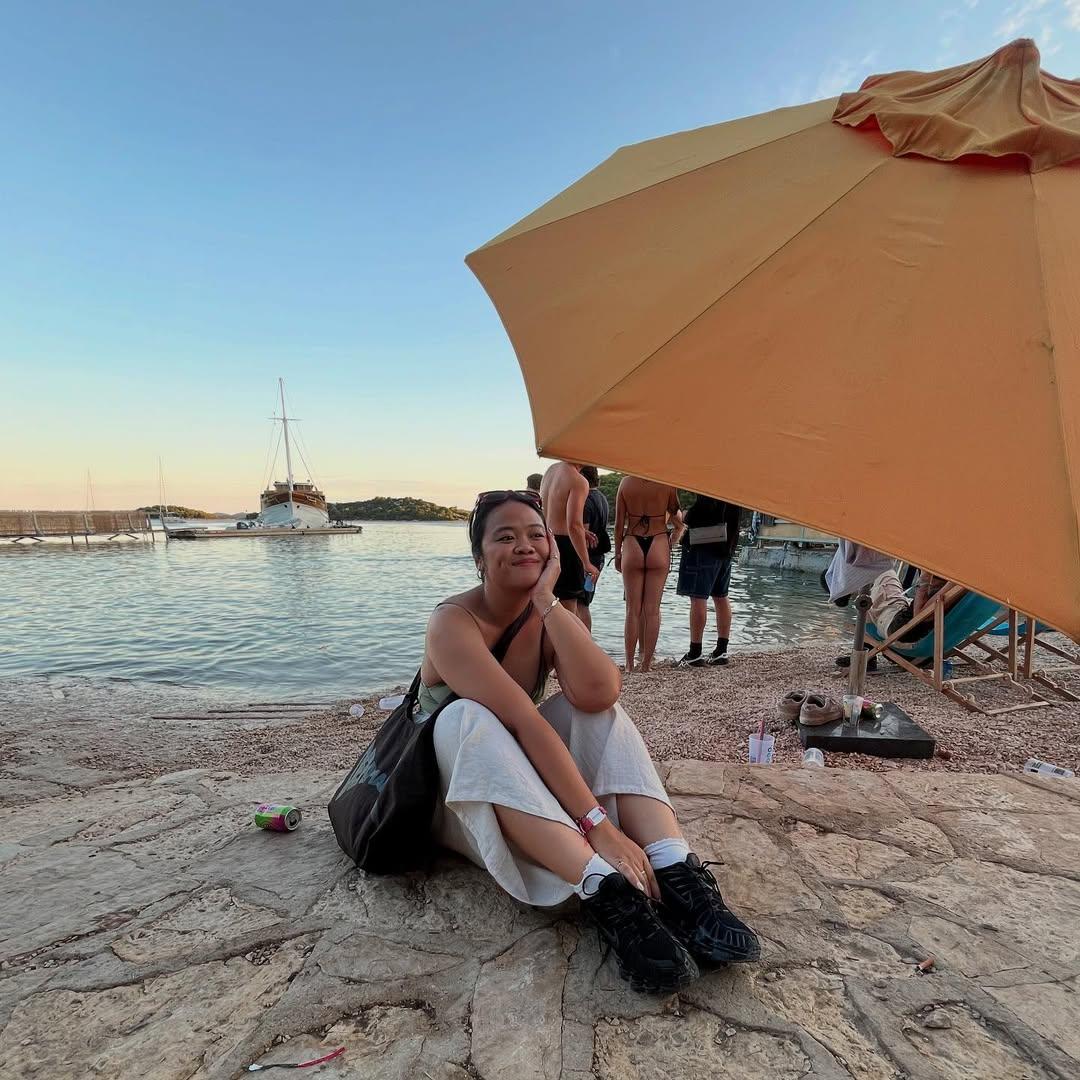
Q: You’ve spoken before about bringing Indonesian identity into your music. What are some ways you weave that in when you’re playing overseas?
DITA: It’s less about waving a flag and more about carrying a frequency from home, sometimes through sound, sometimes just in how I connect with people. It’s about sharing the warmth of home, wherever I play.
Q: How do you balance curating global dance music with staying true to your roots?
DITA: I think the two can exist together, bring the world to Indonesia and Indonesia to the world. I try to create a space where both energies can meet and feel honest.
Q: Indonesia’s scene and broader industry seem to be really taking off at the moment. How do you think that smaller scenes can protect themselves at a time when big business has never been more present?
DITA: I think smaller scenes survive by staying close to their roots. Indonesia is growing fast, which is great, but it also means things can get noisy. For me, the protection comes from the people who actually build the culture, the local crews, the communities, the dancers, the ones who show up even when there's no big name on the lineup. Big business will always come in once something becomes shiny.
That’s fine, but smaller scenes need to keep their values tight; good curation, intention behind the programming, fair fees for local artists, and spaces and the list can go on! As long as those things stay in the hands of people who genuinely care, the scene won’t lose itself. Growth is good, but it shouldn’t erase the identity. If the foundation is strong and the community stays involved, the culture can naturally protect itself.
Q: How do you see Indonesia & Australia, particularly as part of the ‘APAC’ region, as positioned compared to the more established, historic roots of Europe & America?
DITA: I think Indonesia and Australia are in a really interesting place right now. We’re not trying to replicate Europe or America. We’re building our own identity and our own way of doing things. Because the scenes are younger, there’s more freedom and less pressure to follow tradition, which makes people more open to experimenting!
Europe and America have a long history and institutions, which is important, but it can also make things feel a bit fixed in a way? In APAC, especially Indonesia, everything is still forming. There’s a raw energy because people are creating from the ground up, and the community is genuinely hungry for and supportive in all ways. Australia feels more established, especially with its festival culture, but it still develops its own flavour because it sits outside the main circuits. And Indonesia is evolving so quickly, with no real blueprint, giving the region a very distinct voice. So I guess instead of seeing APAC as trying to catch up, I see it as writing a different story, and that’s what makes it exciting.
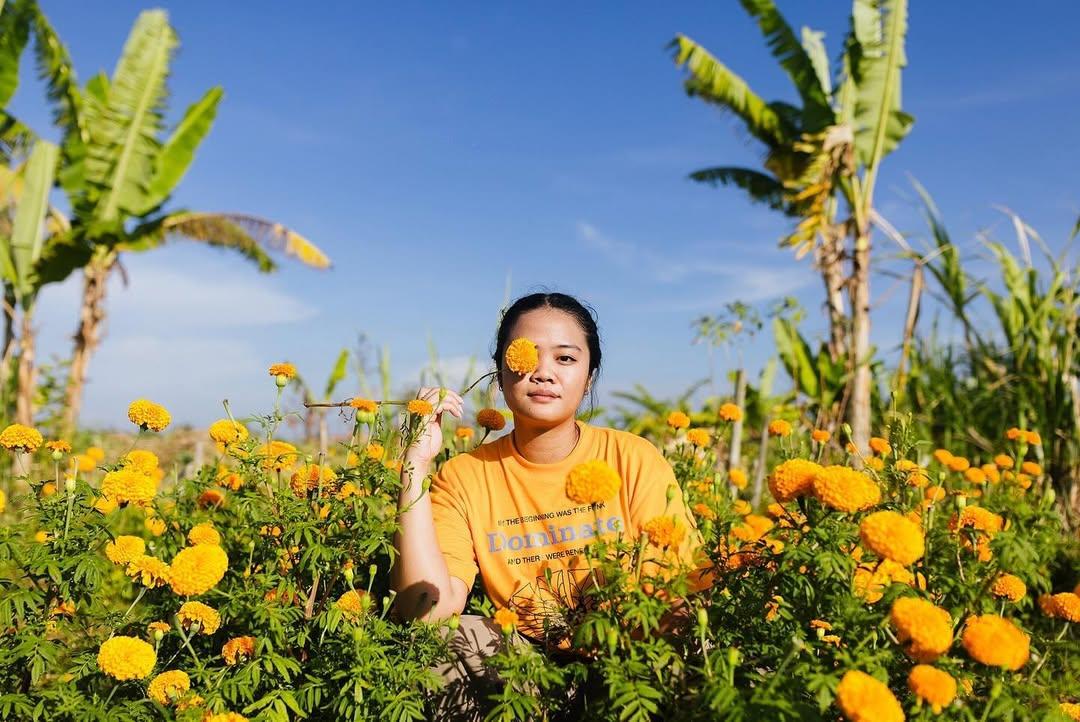
Q: What sort of opportunities and challenges do you think arise from dance music’s increasing globalisation?
DITA: I think globalisation opens up a lot of opportunities, especially for artists from places that weren’t traditionally part of the main circuit. It means more visibility, more chances to play abroad and connect with different communities, and more exchange of ideas. It’s made the whole world feel a bit closer.
But it also comes with challenges. When things move too fast, it’s easy for local scenes to lose their identity or feel pressure to fit into whatever is trending globally. Sometimes the storytelling gets flattened and everything starts to look and sound the same. Smaller communities have to work harder to keep their integrity and protect the parts that make them unique. So globalisation can be positive, but only if the growth stays intentional and the culture doesn’t get diluted in the process.
Q: You’re set to perform on Strawberry’s iconic Beach Stage. You’re no stranger to gigs at the beach, given Bali’s incredible array of beach clubs. What does performing around a body of water do to the way you play?
DITA: I love having a touch of breeziness in every set, whether it’s indoors or open air, but the closer I am to water, the more I react to it. Maybe it’s because our bodies are mostly water, but I definitely get more emotional. It shifts my energy! :)
Q: How do you go about soundtracking an environment that has such a focus on a communal activity? Spaces rarely have that.
DITA: Um.. I keep things pretty natural. When a space is already focused on a shared activity, people don’t need the music to be too intense, if you know what I mean. I just pay attention to the vibe, the surroundings, keep the energy consistent and let things build at their own pace. It’s more about making sure the music fits what’s already happening rather than trying to steer it too much. Take them on a journey!
Q: You’ve been playing for a long time. I read that you first started in 2014. As a more ‘seasoned’ member of the global dance community, what kind of advice do you have for younger punters and DJs who are just starting?
DITA: Stay curious and don’t rush it. Take your time to find what you actually like. Play a lot, listen even more, and build real relationships with the people around you. The scene moves fast, but the things that last come from patience. Don't forget to have fun, and tell your story.
Q: Who are some Indonesian locals, whether DJs or producers, that you think people should be paying attention to?
DITA: Thee Marloes, a beautiful band from Indonesia, they're playing at NYE for When Pigs Fly festival in Naarm - go catch them! Jonathan Kusuma, who's just released his latest EP "Bank the Drums" and Asa Kusumah, great & fabulous digger & DJ, definitely one to keep an eye on!
Q: What are you most excited about as you visit Australia?
DITA: Sangas! and........ good produce ahaha!
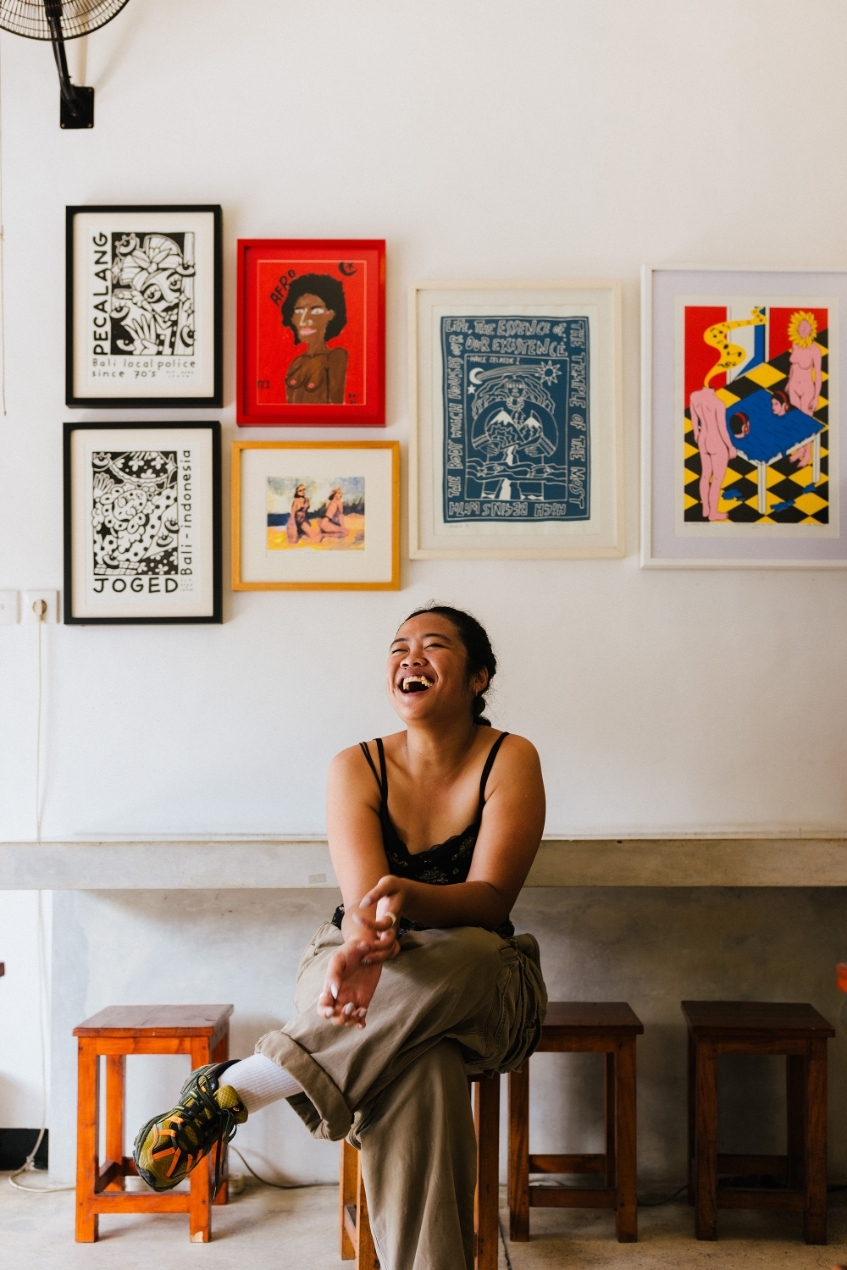
-
Jack Colquhoun is Mixmag ANZ's Managing Editor. Find him on Instagram.


